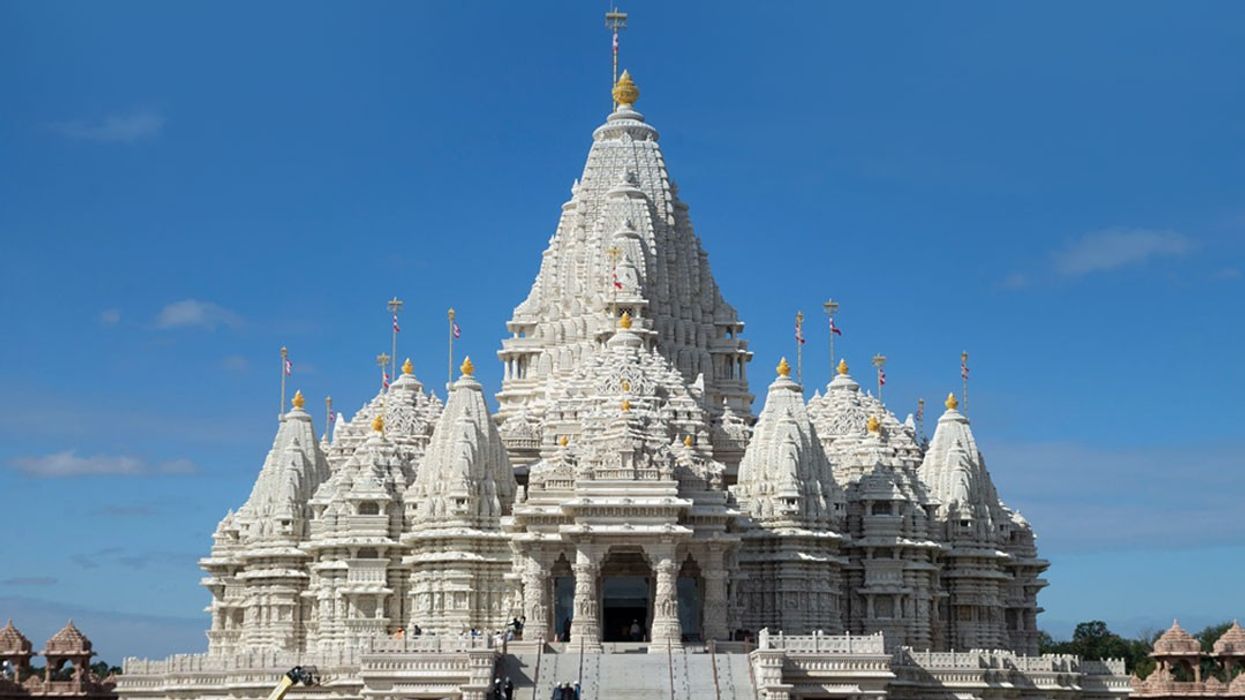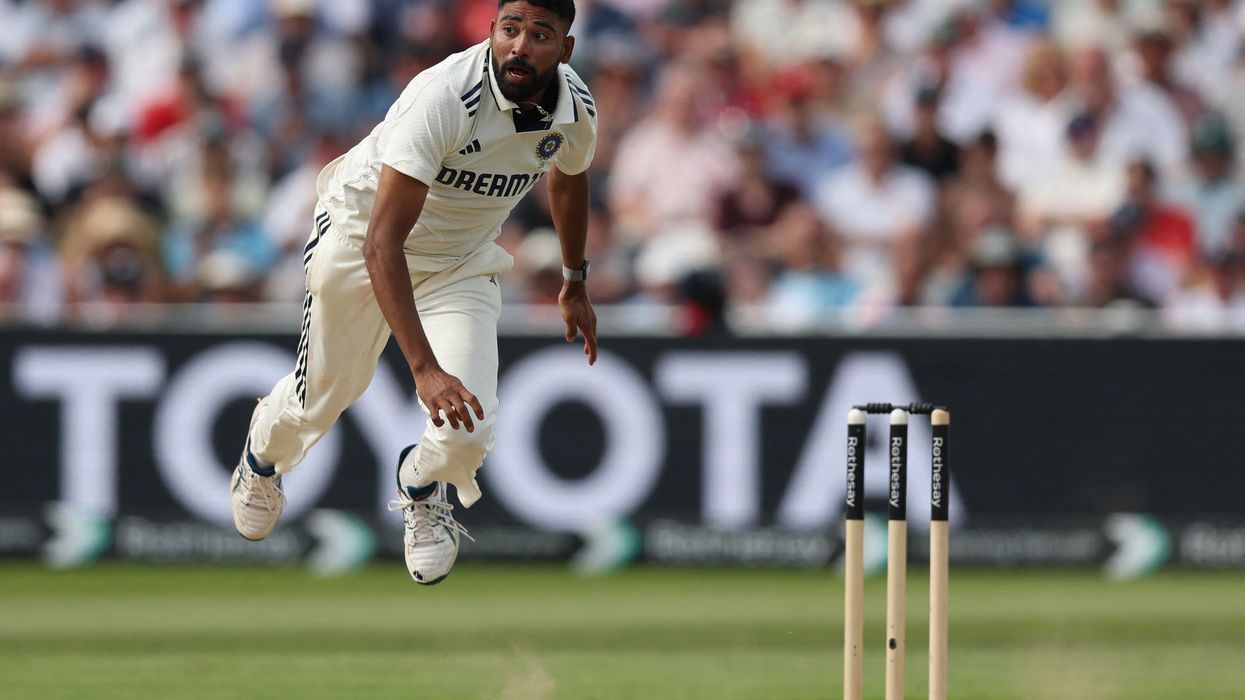Could this long, hot summer see violence like last year’s riots erupt again? It surely could. That may depend on some trigger event – though the way in which the tragic murders of Southport were used to mobilise inchoate rage, targeting asylum seekers and Muslims, showed how tenuous such a link can be. There has already been unrest again in Ballymena this summer. Northern Ireland saw more sustained violence, yet fewer prosecutions than anywhere in England last summer.
"We must not wait for more riots to happen" says Kelly Fowler, director of Belong, who co-publish a new report, ‘The State of Us’, this week with British Future. The new research provides a sober and authoritative guide to the condition of cohesion in Britain. A cocktail of economic pessimism, declining trust in institutions and the febrile tinderbox of social media present major challenges. Trust in political institutions has rarely been lower – yet there is public frustration too with an angry politics which amplifies division.
The political arguments this autumn will not take place only at the traditional party conferences. Both the supporters of Tommy Robinson and his opponents in anti-racism groups will try to mobilise marches and street movements in September, just days before US president Donald Trump’s state visit provides a focal point for political protest that could stake a claim to unite, rather than polarise, British public opinion.
Amid a febrile political atmosphere, the State of Us report does find reasons for grounded hope too. There is pride in place just about everywhere. In the long run, Britain’s story is of increasing tolerance and liberalism across generations, despite cities and towns having contrasting experiences of economic change. Talk of a ‘lost decade’ of growth after the 2008 crash had turned into 17 years, Southport MP Patrick Hurley told the recent Belong summit, fuelling a nostalgic sense of decline and loss in many towns.
That event spotlighted useful work on cohesion happening around the UK, though Fowler notes that this can be patchy. The 35 areas where unrest briefly flared up did get one-off community recovery grants of £650,000 each to spend in six months. There were no conditions to prevent councils just shoring up general finances, but most tried to do something constructive. Sunderland and Tamworth held community conversations that could found longer-term strategies. Some councils hoped to myth-bust misinformation or contest racist narratives, but they can struggle to know how to engage low-trust sections of the public effectively.
What should be done - and by whom? Because the State of Us report is a foundational input for an Independent Commission on Community and Cohesion, being co-chaired by Sajid Javid and Jon Cruddas, the report sets out the key challenges, but deliberately stops short of recommending an action plan. The government should act faster on the flashpoint risks. The very incitement for which users were imprisoned last August remains online today, illustrating how slow platforms and regulators have been to act on this ongoing national security threat.
Immigration and asylum divide opinion. Governments have spoken loudly about stopping boats crossing the Channel, but failed to do so. Perhaps the new UK-French pilot deal unveiled last week will scale up into an orderly asylum process that could reduce dangerous crossings. The UK government does already have more control over local impacts. The incentives to concentrate asylum seekers wherever housing is cheapest, with minimal communication with local authorities nor contact with local communities, exacerbate local cohesion tensions.
Faith minister Lord Khan rightly notes that addressing the root causes of division and discontent will take time. Making a start requires a clear analysis of both the drivers and the useful responses. This government can sometimes see cohesion as an issue for deprived and diverse areas, rather than as a challenge for everywhere.
Even in withdrawing his contentious “island of strangers” comments, prime minister Sir Keir Starmer again fell into sending parallel messages to different audiences, “deeply regretting” the language in the Observer before reassuring Sun readers that he “stood by” the underlying sentiments. The acknowledged lack of pre-delivery scrutiny over the speech was a symptom of the government not yet finding the bandwidth to work out its philosophical framework, public narrative or policy strategy. This government has had no public position, for example, on whether it is an advocate or critic of multiculturalism, or seeks to offer its own distinct framework for what integration should mean in this changing society.
The anniversary of the riots offers the prime minister another opportunity to voice a more coherent public narrative of what it means to respect our differences and work on what we can share in common. That could underpin a sustained, practical strategy on cohesion. Even in polarising times, one core test of a shared society is how far we can develop a shared story about who we are, how we got here, and where we want to go together.

Sunder Katwala is the director of thinktank British Future and the author of the book How to Be a Patriot: The must-read book on British national identity and immigration.

















